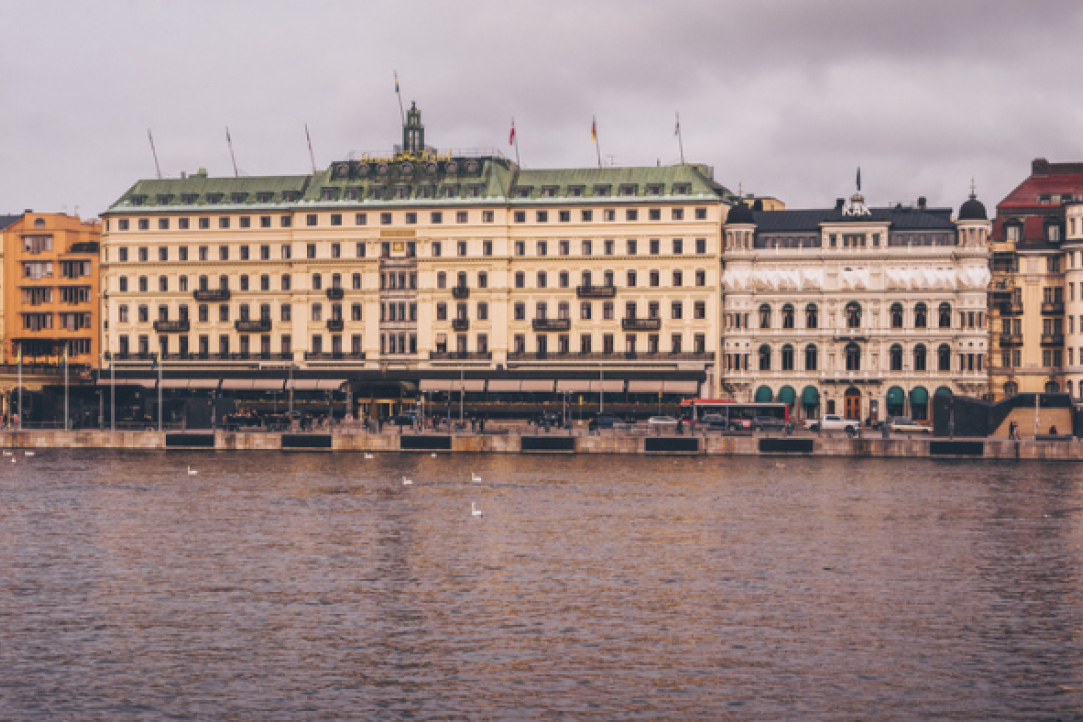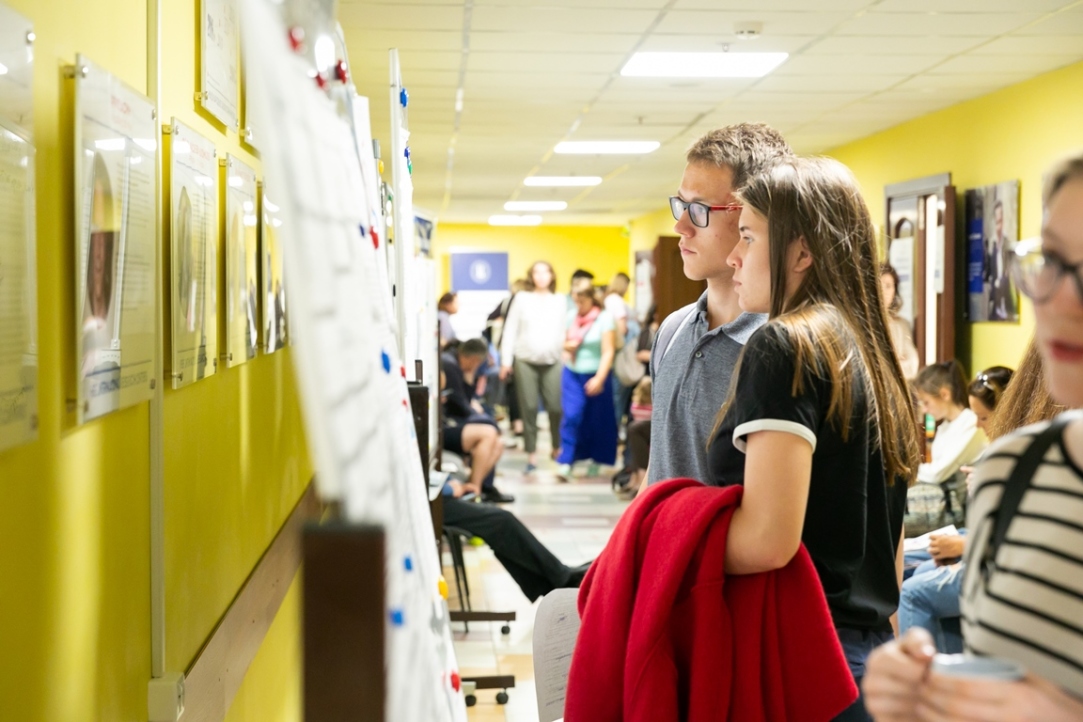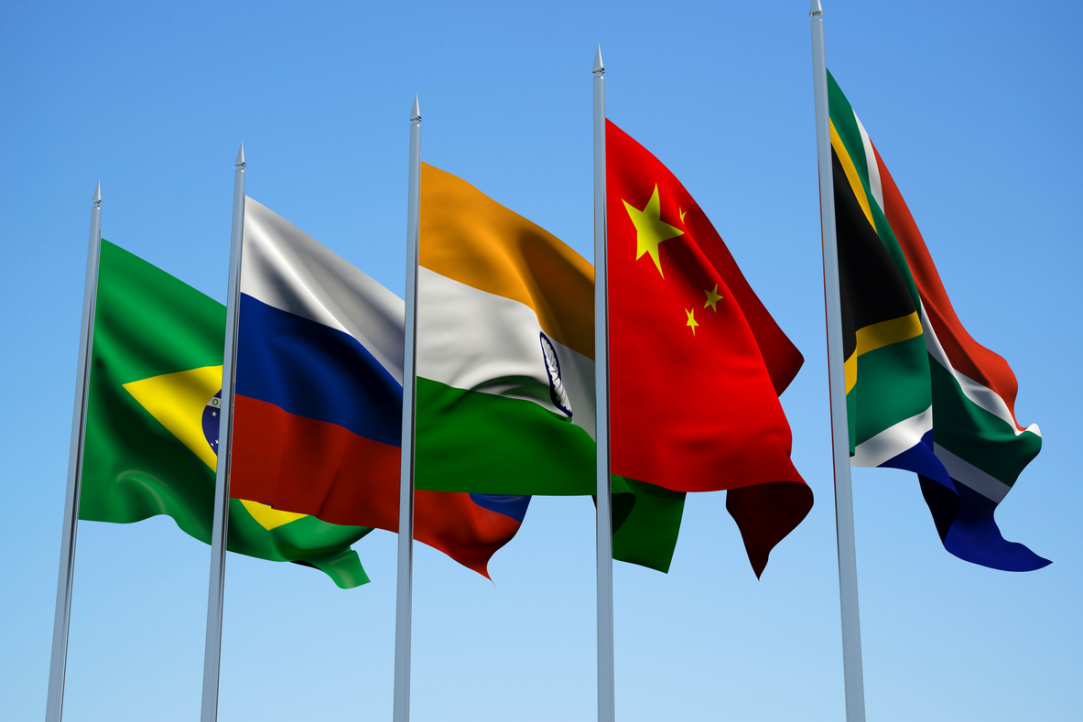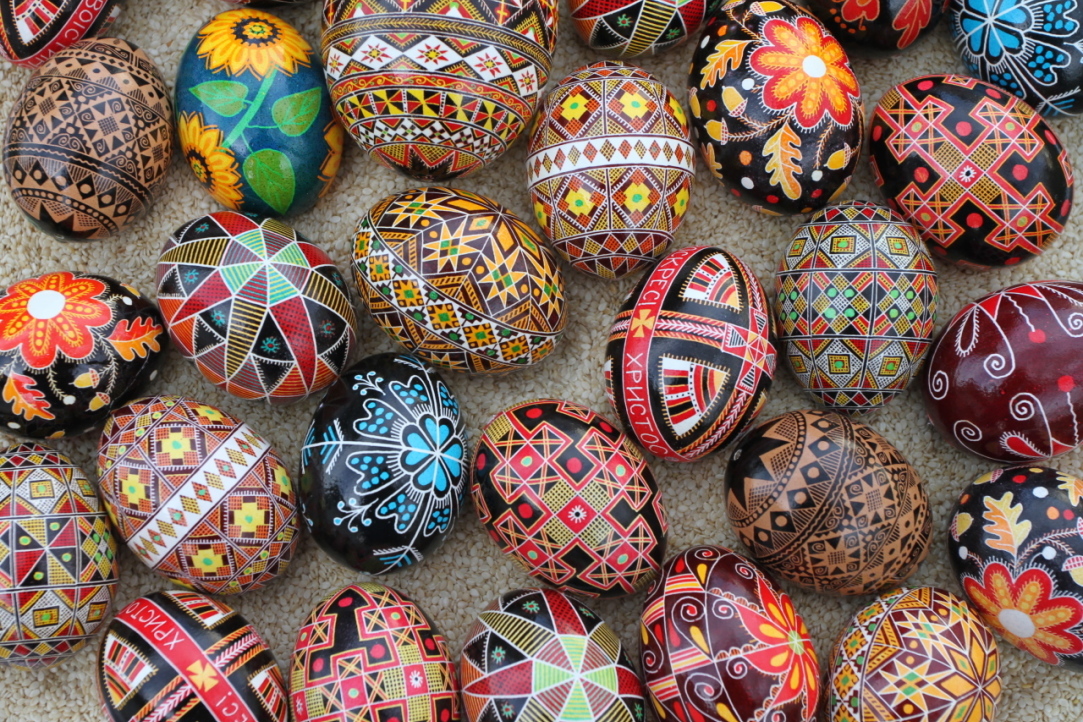
Stockholm COVIDians: The Origins and Results of the Swedish Model for Combating the Coronavirus
Sweden is the only country of the European Union that has not taken strict measures against the coronavirus pandemic. The country’s COVID-19 death rate is growing, unemployment is close to record high levels and GDP could fall by 10%. But does this prove that Sweden’s strategy is ineffective? The HSE School of World Economy invited experts to assess its implications for Swedish society.

Why High-Ability School Graduates Choose Low-Quality Universities
According to the findings of HSE researchers, up to one-quarter of school graduates in Moscow enrol in low-quality universities despite scoring highly on their Unified State Exam, the final school exam and a standard university admission mechanism in Russia. This academic mismatch limits their life opportunities and often stems from unequal starting conditions in the family and at school.

HSE and Steklov Mathematical Institute Mathematician Alexander Efimov Awarded EMS Prize
Alexander Efimov, a research fellow at the International Laboratory for Mirror Symmetry and Automorphic Forms of HSE University, has been awarded the European Mathematical Society’s prestigious Prize.

World Bank—HSE University Webinar Examines the Costs of School Closures During the Covid-19 Pandemic
On May 21, the joint webinar series, ‘Education under COVID-19: Problems, Solutions, Perspectives, Research’ began with a session about the effects of school closures under the pandemic. Harry Anthony Patrinos of the World Bank presented the results of a model that he and a team of researchers developed in order to predict the extent to which the closures may reduce learning and lead to future losses in labor productivity and earnings for today’s students. The webinar was moderated by Isak Froumin (Head of the HSE Institute of Education), while Professors Tommaso Agasisti (School of Management, Politecnico di Milano) and Sergey Kosaretsky (Director, HSE Centre of General and Extracurricular Education) served as discussants.

From Moscow to Brazil, South Africa, and China: Panelists Discuss Challenges and Potential for BRICS Countries in the Global Economy
On May 14, as part of the ‘World Economy’ session of the XXI April Conference 2020 an online panel attended by representatives of BRICS Network University took place. The session was devoted to the topic ‘BRICS Countries in the Global Economy’.

The Russian Economy’s Prospects: Experts Show Moderate Pessimism
HSE University’s Centre of Development Institute has conducted its regular quarterly survey of experts’ projections for the Russian economy in the 2020–2021 period. According to the consensus forecast, Russia’s GDP will decrease by 4.3% this year. This seems to be a more optimistic outlook compared, for example, to the IMF’s forecast, which suggests a 5.5% decline.

Painted Eggs of Joy: The Meaning and Purpose of Easter Eggs in Folk Practices
Why are Easter eggs painted red? What can be done with consecrated eggshells? How did eggs become part of traditional rituals? Folklorist Andrei Moroz told IQ.HSE about some popular beliefs associated with Easter.

HSE Researchers Receive 2020 Russian National Award in Applied Economics
On Wednesday, May 13, the award ceremony for the 2020 Russian National Award in Applied Economics took place on Zoom as part of the XXI April International Academic Conference on Economic and Social Development. This year the prize was awarded to Marco Francesconi (University of Essex, UK), Fabián Slonimczyk, and Anna Yurko (HSE University, Moscow)

HSE Experts Analyze the Lifting of Quarantine Restrictions in 30 Countries
In a recent report, HSE experts evaluated the world’s 14 countries hit hardest by the COVID-19 pandemic based on data (including the number of recorded deaths) from May 1, 2020 or later. The report also examined 16 other countries whose experience was considered significant. While refraining from making generalizations, experts nonetheless noted that leaders in Europe and the United States have generally not responded to the situation as effectively as their Asian counterparts. Africa, meanwhile, follows its own course, while the situation in Brazil is worse.

Mathematics for Politics: How to Model the Division of the Arctic Territories
Egor Borsuk from the HSE International Centre of Decision Choice and Analysis has developed a software that can resolve international territory disputes. He has tested the programme on the disputed Arctic region. The researcher spoke about his innovation at the 21st April International Academic Conference on Economic and Social Development and in an interview for IQ.HSE.


Deadline for abstract submission - November 15